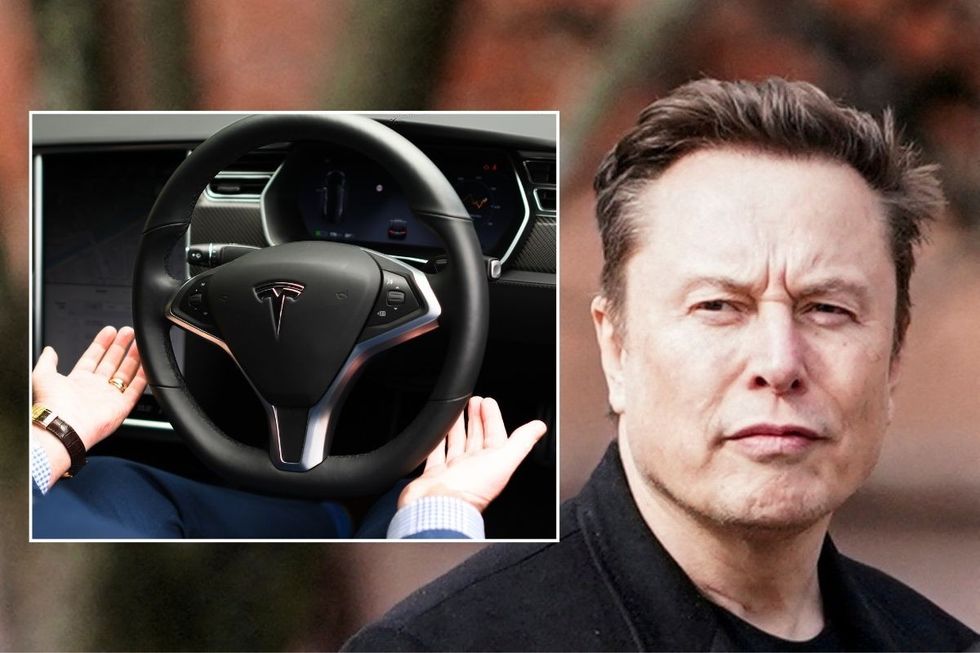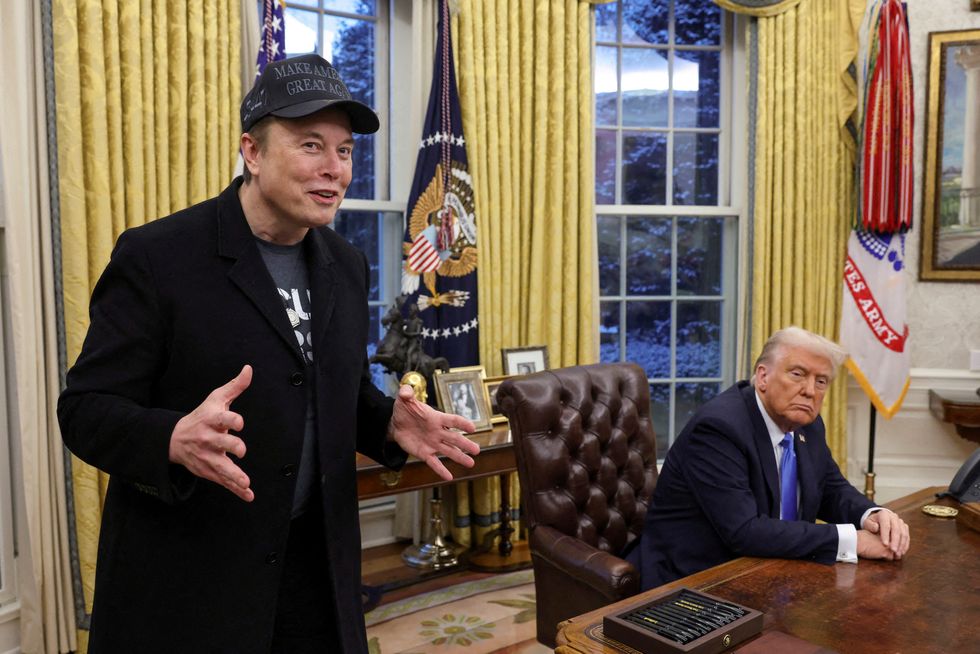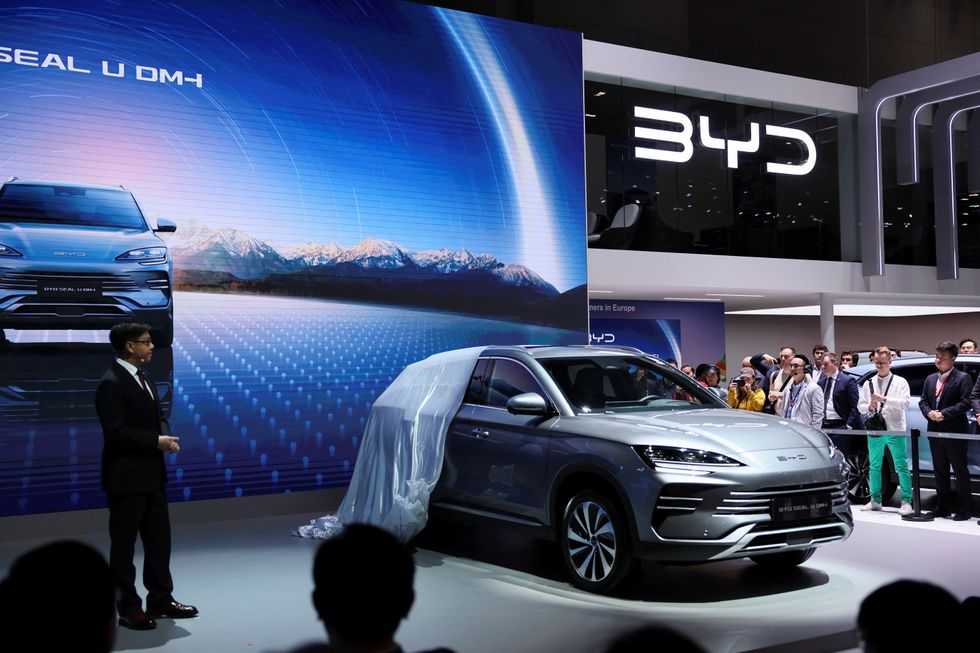Elon Musk could suffer major setback as Tesla faces rejection from China for self-driving licence
China and the United States are currently engaged in a standoff over tariffs
Don't Miss
Most Read
Trending on GB News
Elon Musk could face a potential delay in securing Chinese approval for Tesla's autonomous driving technology amid escalating US-China trade tensions.
The electric vehicle maker had anticipated receiving a licence to begin widespread training of its "full self-driving" (FSD) technology in China during the second quarter of 2025.
However, Chinese regulators have now indicated there is no definitive timeline for approval, according to people familiar with the matter.
The setback threatens Tesla's plans to boost subscription revenues and stabilise its declining sales in the world's largest automotive market.
Do you have a story you'd like to share? Get in touch by emailingmotoring@gbnews.uk

Elon Musk's Tesla operates one of its largest electric vehicle Gigafactories in Shanghai, China
GETTY/REUTERS
Tesla had initially announced plans to roll out its FSD technology in China and Europe in the first quarter of 2025, subject to regulatory approval.
The system enables vehicles to accelerate, steer, brake and change lanes, though drivers must remain alert with their hands on the wheel.
In June, Shanghai granted permission for FSD testing on 10 Tesla vehicles as a preliminary step towards wider deployment, the Financial Times reported.
The company also secured a deal with tech group Baidu last year to utilise their navigation and mapping systems. However, these initial plans may now be put on hold, as trade tensions between the US and China intensify.

Elon Musk has developed a close connection with President Donald Trump
REUTERS
Chinese authorities are contemplating using the approval of Tesla's autonomous-driving licence as leverage in trade negotiations with Trump, according to sources familiar with the delay.
Beijing's move follows its recent imposition of retaliatory tariffs on American goods after the US implemented an additional 10 per cent levy on all Chinese products.
The Financial Times reported that the approval could come quickly depending on trade negotiation developments, one source indicated.
However, another source suggested that swift consent was unlikely without "a major breakthrough or concession" in trade talks.
Elon Musk, who serves as a key adviser and donor to Trump, had previously led Tesla's lobbying efforts in Beijing, including a surprise meeting with Chinese Premier Li Qiang last April.
Musk recently acknowledged that Tesla is "in a bit of a bind" regarding FSD deployment in China, caught between conflicting data security requirements.
"They won't currently allow us to transfer training video outside of China. And then the US government won't let us do training in China," Musk said during Tesla's latest earnings call.
FSD relies on a machine learning system trained on billions of hours of video to make real-time driving decisions. These data security challenges would persist even if Chinese authorities granted the FSD licence.
LATEST DEVELOPMENTS:
- Sadiq Khan approves higher parking charges for 'minor offences' across London for first time in 14 years
- Drivers slapped with £70 fine for breaking 'London-style' Highway Code traffic rules - 'New revenue stream'
- Motorists to face 'severe impact' from new 43-mile road diversion as traffic chaos causes 'deep concerns'
 BYD is one of Tesla's main competitors in the electric vehicle market REUTERS
BYD is one of Tesla's main competitors in the electric vehicle market REUTERSTesla's market position in China has weakened significantly, with the company holding just 4.5 per cent of new EV sales in January, according to China Passenger Car Association data.
In contrast, Warren Buffett-backed BYD commands a 27 per cent market share and may strengthen its lead following the launch of its "Gods Eye" advanced driver-assistance system this month.
Tesla's Shanghai gigafactory, established in 2018, was once seen as a catalyst for China's EV industry growth. However, local competitors have since overtaken Tesla by offering lower prices and more luxurious features.









